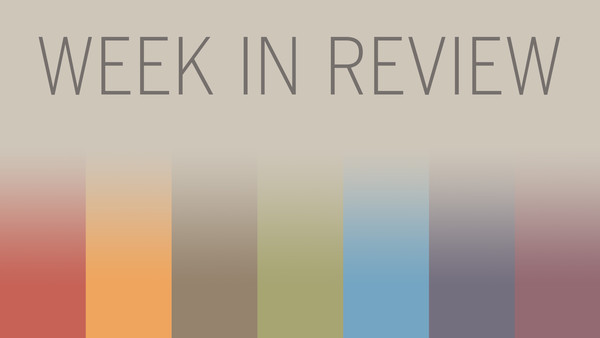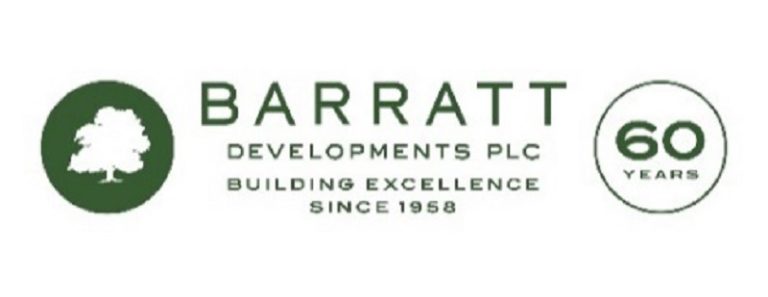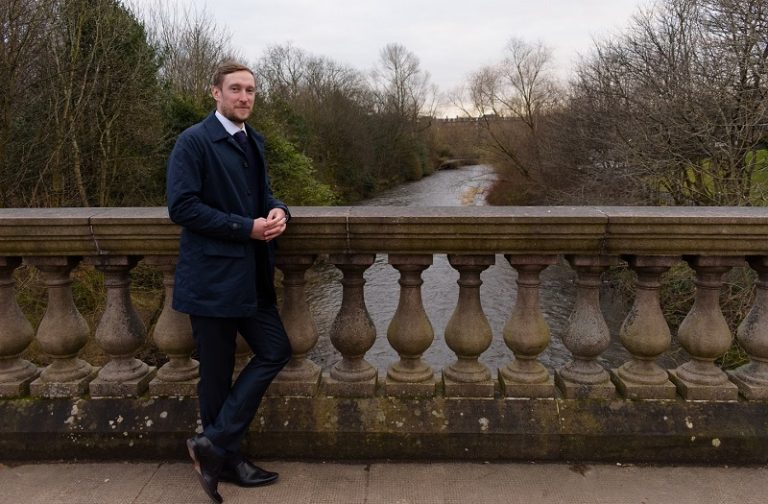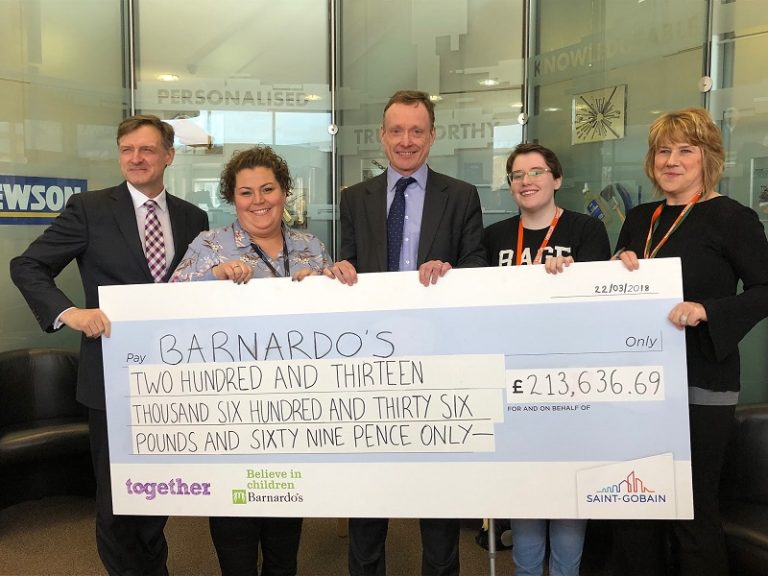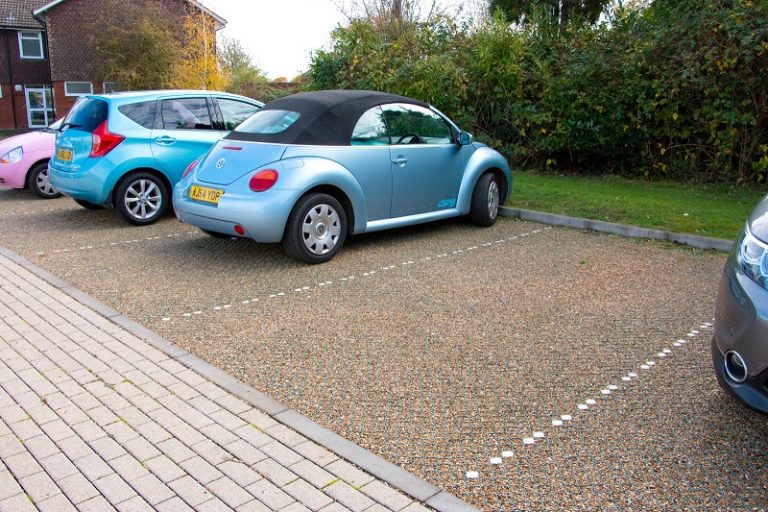A round-up of some of the week’s most significant corporate events and news stories. Ikea issues US’s biggest furniture recall ©AFP Ikea this week issued the US’s biggest furniture recall. The Swedish group’s recall of 29m chests of drawers came after three children died as a result of its furniture toppling on to them over the past two years, write Lindsay Whipp and Richard Milne. The recall of its Malm drawers and other designs comes amid a push by the US Consumer Product Safety Commission to reduce the number of children being killed in furniture and television tip-over accidents in the country, which has reached one every two weeks. Last year, Ikea offered free wall-anchoring kits with many of its chests and dressers, after reports of two deaths. However, subsequently a 22-month-old child died in February after an Ikea chest fell and crushed him. The chest had not been secured to the wall. “We have no information of any tip-over incidents with a properly anchored chest of drawers,” Ikea said. “This is why we are committed to raising awareness among consumers of the tip-over risks and how to prevent them.” Ikea added that there would be a financial impact, including the “significant investment” it was making in its campaign to educate consumers about preventing tip-overs, but not a lasting one. The CPSC said that in addition to the deaths, there have been reports of 41 incidents of Ikea Malm chests tipping over, resulting in 17 injuries, all to children aged between 19 months and 10-years-old. In addition, there have been reports of 41 incidents of other Ikea chests toppling over since 1989, with 19 injuries and three deaths, according to the CPSC. BHS pushes Goldman into client review A top Goldman Sachs executive has conceded that the US investment bank’s reputation had not been enhanced by its involvement in BHS, a corporate failure that has cost 11,000 UK jobs, writes Mark Vandevelde. Goldman provided informal — and unpaid — advice to the retail tycoon Sir Philip Green ahead of the sale of the now collapsed department store chain to the former bankrupt Dominic Chappell. Michael Sherwood, co-head of Goldman in Europe, said the group was now reviewing whether to keep Sir Philip as a client, adding: “The frequency with which we review clients will be looked at again.” Sir Philip has insisted that Goldman’s observations helped to persuade him to sell BHS to Mr Chappell for £1 last year. “If they had said, ‘Don’t deal with this guy’, that would have been the end of it,” he told MPs earlier this month. “But that is not the advice that we got.” However, Mr Sherwood said on Wednesday: “I absolutely do not accept blame. He [Mr Chappell] never passed our sniff test. All we highlighted was observations about the risks around Mr Chappell and the transaction.” Mr Sherwood was brought up in north London a few miles from Sir Philip and has stayed close to the billionaire since the two worked together on a failed takeover bid for the retailer Marks and Spencer more than a decade ago. But Mr Sherwood said the bank had received very little money from Sir Philip since the 2004 M&S bid, describing any fees it had charged as “de minimis”. Two European banks fail US stress tests ©Bloomberg Two European bank subsidiaries failed US “stress tests” this week — but shareholders in the biggest Wall Street institutions were given a clean bill of health, allowing them to pay up to $96bn to shareholders, writes Alistair Gray. In the second and final round of the Federal Reserve’s annual evaluation, which checks the banks’ ability to cope with catastrophic shocks, the US subsidiary of Banco Santander failed for a third consecutive year, while Deutsche Bank’s US unit fell short for a second. Both were judged to have “broad and substantial weaknesses” in their capital planning, and were rebuked for making insufficient progress since the last round of tests in March 2015. In addition, Morgan Stanley was given notice that it needed to improve its internal systems, or risk having its payouts to shareholders blocked. But the other 30 banks under scrutiny passed without conditions, and were given the green light to go ahead with dividend and share buyback plans. According to estimates from RBC Capital Markets, these will return 16 per cent more capital to investors than was the case a year ago — about $96bn in total. Passing the Fed’s stress tests was welcome news for investors in Bank of America and Citigroup — institutions that have struggled with the process in recent years. They were among several to confirm their capital return plans shortly after the Fed published its results. Gerard Cassidy at RBC said Citigroup was set to distribute $10.4bn in dividends and buybacks, Bank of America $8bn, and JPMorgan Chase $17.4bn — each up more than half from a year ago. News of these plans lifted Citi’s shares by 2 per cent, Bank of America’s by 1.4 per cent and JPMorgan’s by 0.9 per cent in after-hours trading on Wednesday. However, Morgan Stanley’s test result added to concerns raised by analysts after the first round. In the Fed’s “severely adverse” scenario, it stood to lose up to 45 per cent of its equity capital as a proportion of risk-weighted assets. VW’s costly scandal ©Getty A car undergoes standard emissions testing in laboratory conditions in Germany Volkswagen, US environment authorities and more than 44 states agreed this week to the largest car-related consumer class settlement in history, writes Patrick McGee. The $15.3bn package is meant to punish the carmaker for equipping half a million diesel engine cars with software to cheat official emissions tests. The agreement, which needs court approval later this month, will see VW set aside $10bn so that it can offer owners of the cars between $5,100 and $10,000, and then also buy back or fix them. Volkswagen will be in a position to shave billions off that figure if



